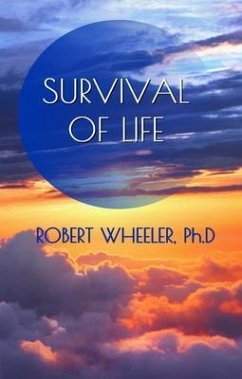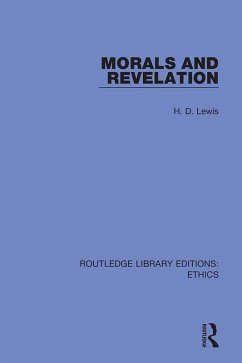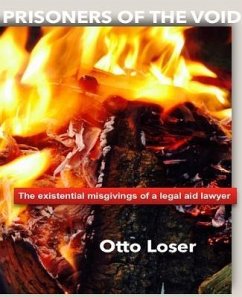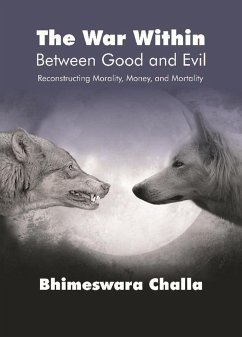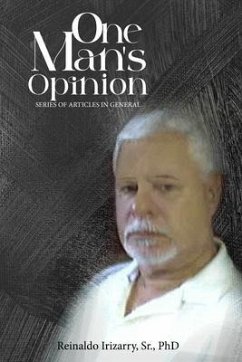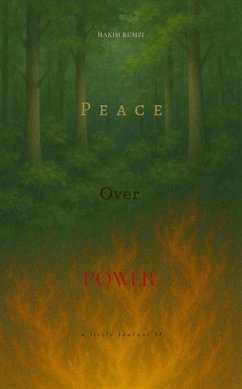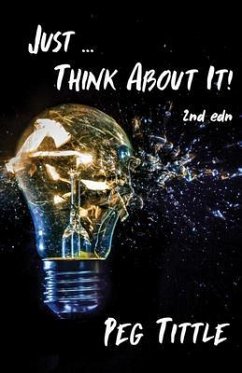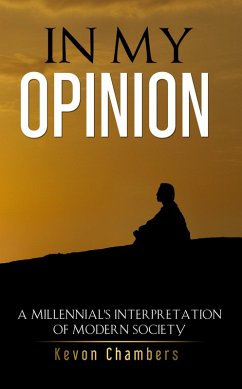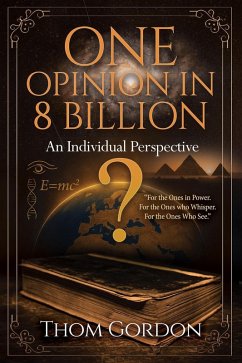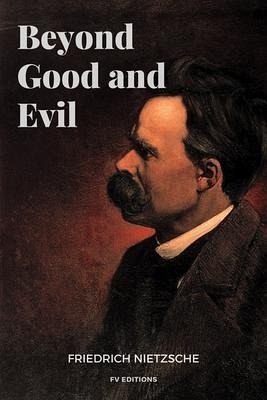
Beyond Good and Evil (eBook, ePUB)
Easy to Read Layout

PAYBACK Punkte
1 °P sammeln!
"The falseness of an opinion is not for us any objection to it: it is here, perhaps, that our new language sounds most strangely. The question is, how far an opinion is life-furthering, life-preserving, species-preserving, perhaps species-rearing, and we are fundamentally inclined to maintain that the falsest opinions (to which the synthetic judgments a priori belong), are the most indispensable to us, that without a recognition of logical fictions, without a comparison of reality with the purely IMAGINED world of the absolute and immutable, without a constant counterfeiting of the world by me...
"The falseness of an opinion is not for us any objection to it: it is here, perhaps, that our new language sounds most strangely. The question is, how far an opinion is life-furthering, life-preserving, species-preserving, perhaps species-rearing, and we are fundamentally inclined to maintain that the falsest opinions (to which the synthetic judgments a priori belong), are the most indispensable to us, that without a recognition of logical fictions, without a comparison of reality with the purely IMAGINED world of the absolute and immutable, without a constant counterfeiting of the world by means of numbers, man could not live-that the renunciation of false opinions would be a renunciation of life, a negation of life. TO RECOGNISE UNTRUTH AS A CONDITION OF LIFE; that is certainly to impugn the traditional ideas of value in a dangerous manner, and a philosophy which ventures to do so, has thereby alone placed itself beyond good and evil."
First published in 1886, the book denounced what Nietzsche considered to be the moral vacuity of 19th century thinkers. He attacked philosophers for what he considered to be their lack of critical sense and their blind acceptance of Christian premises in their considerations of morality and values.
First published in 1886, the book denounced what Nietzsche considered to be the moral vacuity of 19th century thinkers. He attacked philosophers for what he considered to be their lack of critical sense and their blind acceptance of Christian premises in their considerations of morality and values.
Dieser Download kann aus rechtlichen Gründen nur mit Rechnungsadresse in A, D ausgeliefert werden.




